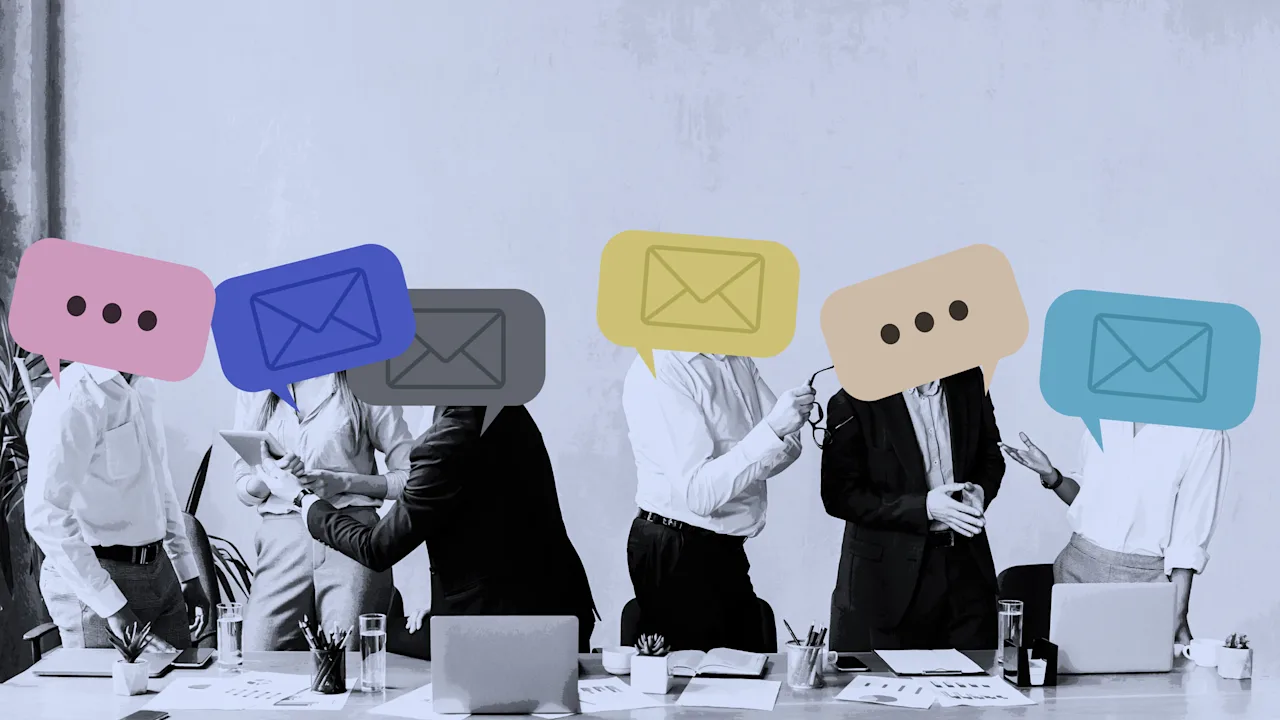‘চলুন ফিরে যাই’: সবচেয়ে বেশি ব্যবহৃত ইমেল পদ প্রকাশিত হয়েছে

“Let’s circle back when we have the bandwidth to jump on a call to tackle our low-hanging fruit.” (If this corporate buzzword soup makes your spine tingle, apologies.) In the world of professional communication, business jargon is often a necessary evil. Email clichés: love them or hate them, we all use them. Many of us are stuck in a never-ending cycle of “opting out” and “circling back” to ensure we’re all “on the same page.”
A recent analysis by email verification company ZeroBounce looked at over one million real business emails to see which overused email phrases were the most common. To no one’s surprise, “reach out” was the reigning champion with 6,117 occurrences, closely followed by all forms of follow-up (“following up,” “follow up,” “we’ll follow up”) with 5,755 mentions. Nearly 3,000 emails also started with some version of “hope”: “I hope you are doing well,” “I hope you are good,” or “I hope all is well.”
Other honorable mentions included “Happy Friday” (as well as the lesser-known “Happy Monday”). “Touch base,” “call to action,” “bandwidth,” and “low-hanging fruit” were also commonly identified by researchers.
“Linguistic habits are some of the hardest habits to change. Even though almost one in four employees are using AI to help write emails, language hasn’t changed over time,” ZeroBounce founder and CEO Livio Tanase told Fast Company. “Even with the smart AI tools built into our inboxes, people still resort to familiar phrases because they feel safe, and sometimes, we don’t know what else to say.”
“Maybe it’s time for us all to pivot back to sounding more human,” he added.
Here, Gen Z is leading the charge. Younger employees have no qualms about including memes, emojis, slang, and abbreviations in their emails, much like they would in a group chat with friends. Almost 71% of people surveyed by British bank Barclays in 2023 said they believed Gen Z is changing the formality of language in the workplace. What worked in formal business correspondence just a decade or two ago might be seen as cold or even rude amongst today’s digital natives.
For those looking to refresh their email etiquette, ZeroBounce offered some simple swaps to test out in your next correspondence. Instead of writing “I hope you are doing well,” you could ask, “How’s your week going?” Or start with “Good morning – quick question.” Common “just checking in” or “following up” can be replaced with something more direct: “What are your thoughts on the proposal?” (Many of us use “soft” language to our detriment, anyway.)
For those looking to shake things up a bit more and take a page from the Gen Z playbook, one TikTok creator gave some advice on bringing a bit more mystery or foreboding into the workplace. “I hope this email finds you,” she suggests. “That implies that everyone thinks you’re lost and no one knows where you are. It’s a really good thing to send to your remote colleagues.”
Disclaimer: Use at your own risk. But if you want a safe cliché to use in your work emails, you can always tell them to ping you.
Fast Company’s Most Innovative Companies Awards extended deadline is tonight, October 14, 11:59 PM PT. Apply today.
(Tags for translation) Email (T) Work
প্রকাশিত: 2025-10-17 12:00:00
উৎস: www.fastcompany.com











